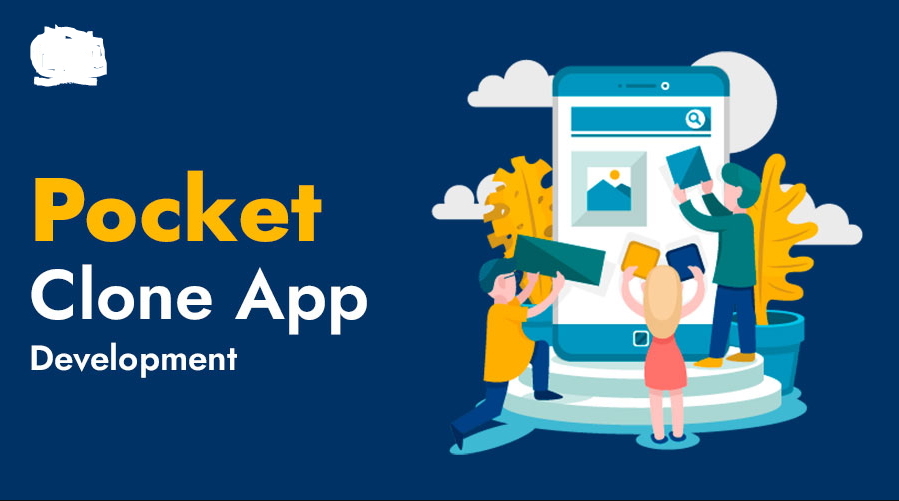Within the swiftly changing domain of application development, companies frequently have to make a crucial choice: creating a customized app that meets their specific requirements or replicating an already-existing app that has demonstrated commercial viability, that’s what a clone app development company does. Making an enlightened choice requires a grasp of both the benefits and downsides of strategies.
Let’s explore the benefits and drawbacks of customization and cloning as well as the consequences for businesses.
Customization: Designed to Meet Specific Requirements
Pros:
Tailored Functionality: Customization enables companies to create applications with features that are especially made to satisfy their own needs, guaranteeing the best possible usability and functionality.
Brand Identity: By reflecting the brand’s identity, values, and aesthetics, customized apps can increase customer loyalty and brand recognition.
Scalability: Because custom apps are adaptable, businesses may change and expand with their needs as they do.
Competitive Advantage: Businesses can differentiate themselves from rivals by providing a distinctive app experience, drawing in and keeping users.
Cons:
Greater Development Cost: Developing a custom app usually costs more in terms of time, money, and resources than developing an existing app clone.
Complexity and Maintenance: Developing and maintaining custom apps can be more difficult, necessitating regular upgrades, bug patches, and technical assistance.
Time to Market: Compared to cloning, creating a custom programmed from scratch may take longer to launch, which could delay entering the marketplace and competitive advantage.
Cloning: Leveraging Existing Successes
Pros:
Quick Development: Since the essential functionality and structure of an app are already in place, cloning an existing app can drastically cut down on development time and expenses.
Proven Success: Cloned apps may have a faster acceptance and market penetration rate since they capitalize on the popularity and user base of their original equivalents.
Diminished Risk: As the app’s market feasibility has previously been shown, cloning lowers the risk involved with unproven projects.
Economy of Scale: Cloning can be an economical option, particularly for companies with restricted budgets or schedules.
Cons:
Absence of Personalisation: Plagiarized applications might not have special features or customized fixes that set them apart from rivals or satisfy all of the requirements of the company.
Legal and Ethical Issues: Cloning brings up issues with intellectual property rights, copyright violations, and originality from a legal and moral standpoint.
Limited Scalability: Because cloned apps are built using pre-existing frameworks and structures, they may not be as flexible or scalable as original programmes.
Brand Perception: Relying exclusively on copies of apps could harm a brand’s standing and perception among consumers who respect uniqueness and creativity.
Consequences for Companies
Aligning a business’s app development approach strategically means matching it to its long-term objectives, financial restrictions, and market positioning.
User Experience: Regardless of the development methodology, give the user experience top priority to ensure smooth navigation, useful features, and value for users.
Legal Compliance: When thinking about cloning or developing a unique app, be sure to comprehend and abide by all applicable laws and ethical guidelines.
Innovation and difference: To stand out in the crowded market, strike a balance between the advantages of building on past accomplishments and the demands of innovation and difference.
Long-Term Vision: To maintain growth and success, think about how decisions made during the app development process will affect scalability, upkeep, and continuing support.
In summary
In summary, the choice between cloning and customization depends on a number of variables, including financial limits, schedule restraints, special company requirements, and strategic goals. Businesses must carefully consider the benefits and drawbacks of each strategy before deciding which best suits their objectives and app development vision.


